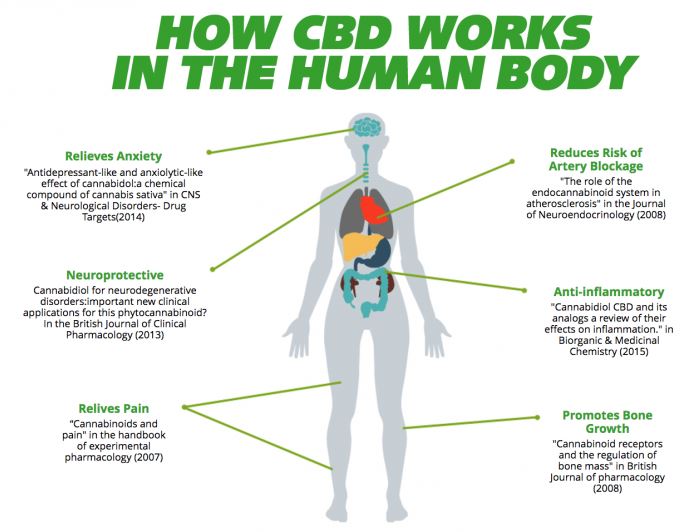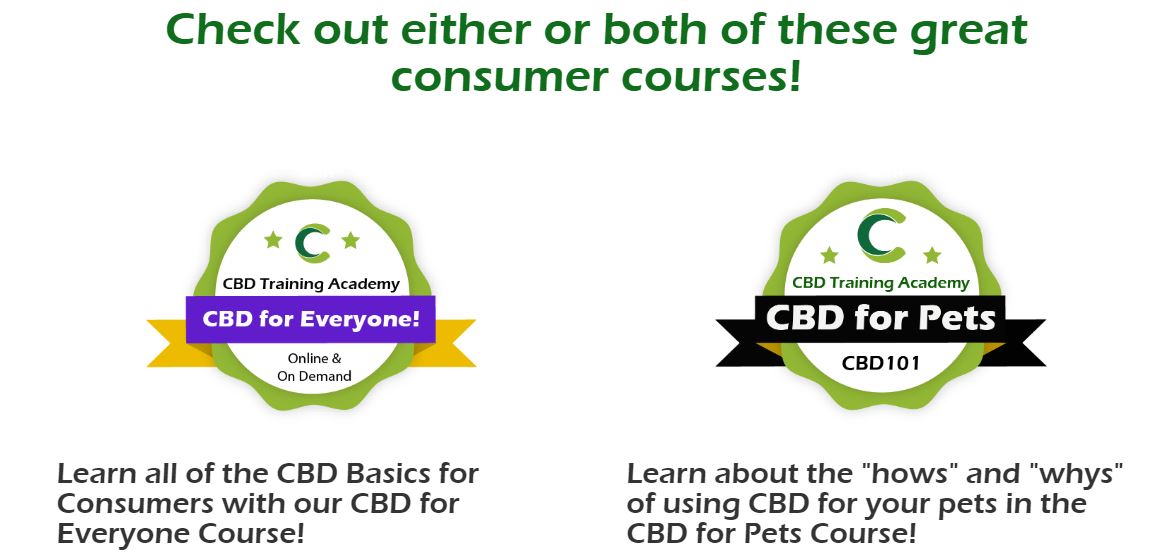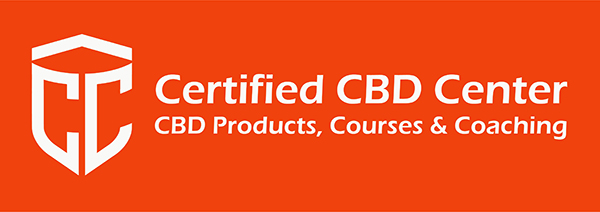What are terpenes?
Terpenes are organic, aromatic molecules produced in the resin of the hemp plant along with cannabinoids, and are responsible for its fragrances, flavors, and color. There are more than 100 different terpenes within the hemp plant; their main goals are to protect the plant from predators and attract pollinators.
Terpenes are also found in other living organisms, such as plants, herbs, and fruits, and serve similar protective purposes in each. When terpenes are dried, they are referred to as terpenoids, a name commonly used interchangeably with terpenes.
Why are terpenes important?
Terpenes, like cannabinoids, offer medicinal benefits when extracted from the hemp plant and are thought to have anti-inflammatory and antibacterial properties.
Terpenes bind to cannabinoid receptors in the brain and work synergistically with cannabinoids to mediate stress, mood and the ability to focus.
What is the proper dosage for CBD oil?
CBD is measured in milligrams (MG) for quantitative purposes. Research is showing that about 5-10MG daily is a good intake of CBD to activate your CBD receptors. If someone is suffering from a more serious illness, then 20-40MG daily is recommended. Your healthcare provider can help establish a dose which will work best for you.
How much CBD is in each product?
CBD is measured by the TOTAL MG of CBD divided by the volume of content in each bottle, or unit.
For example: 350MG, 15 ML CBD OIL
350MG/ 15ML = Estimated ratio of 23.3 MG PER 1 ML of CBD OIL (2.3%)
How long does it take for CBD oil to work?
Depending on the potency of the CBD oil, the time it takes to become effective may vary. Many patients report anywhere from 20 minutes to 1 hour for the CBD oil to take effect. Because CBD does not produce psychoactive results, patients may not notice the exact moment where a change in symptoms occurs, unless its use is in pain relief.
When buying CBD, what are the most important factors?
Be sure to check out the quality of the CBD, this is critical because you are taking CBD to help you not hurt you. A lot of CBD has harmful compounds that work against you. You need to review their Certificate of Analysis (COA) to ensure that there are no residual chemicals, pesticides, mold or other toxins. Then, you should make sure the company is trustworthy, has some history, a physical address, a team of people that can support your needs. Compare prices to make sure their price is reasonable based on the ingredients, amount of CBD, other Cannabinoids and other ingredients. And finally, check out the company’s certifications. They must be certified.



